Afghanistan’s u-turn may derail elusive peace process
Off icials say negotiations can continue without help from Islamabad.
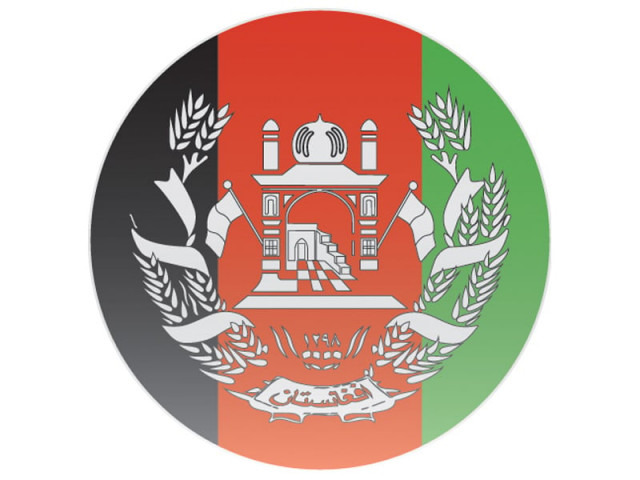
Off icials say negotiations
can continue without help from Islamabad
Afghanistan this week took a u-turn on Pakistan’s possible key role in the Taliban reconciliation process as a top diplomat of the war-shattered country said Kabul could pursue negotiations without help from Islamabad.
Afghanistan’s deputy foreign minister Jawed Ludin said on Thursday his government had other options which did not include Pakistan and could give an impetus to the elusive peace process.
Afghan officials and the country’s state media have launched a war of words against Pakistan weeks after beleaguered President Hamid Karzai alleged reconcilable Afghan Taliban members are either ‘imprisoned or killed’ in Pakistan.
Karzai’s remarks during a gathering at the presidential palace came after Pakistan released 26 Afghan Taliban detainees on the request of the government-backed Peace Council. Kabul had earlier welcomed the move as a practical step by Pakistan in the reconciliation process.

However, Karzai’s government was disappointed when none of the freed militants decided to join Kabul’s peace process. The government had been expecting some of the former Taliban prisoners to give the process a boost by joining and encouraging others to follow suit.
When the Afghan government sought to return the prisoners, Pakistan argued that they could not be extradited as there was no such bilateral treaty, prompting Kabul to snub Pakistan on the same basis when Islamabad called to handover Taliban leader Maulvi Faqir Mohammad.
Kabul’s frustration with Pakistan further grew this week when Reuters quoted two unnamed Pakistani officials as saying: “Pakistan is finding it difficult to work with President Hamid Karzai due to mistrust and is reaching out to others to advance the peace process.”
Pakistan’s Foreign Ministry was quick to disown the mysterious remarks but Afghan officials were not impressed by the clarification and considered the anti-Karzai assertions to be an official position.
A day after Ludin said Kabul does not need Pakistan, Aimal Faizi, spokesperson for President Karzai, accused Pakistan of harming efforts to end the Taliban’s bloody 11-year insurgency.
Tensions are rising at a time when Afghanistan needs support in its futile efforts to hold talks with the Taliban, who have refused any dialogue with what they have termed a US-controlled powerless regime.
Pakistani officials, on the other hand, argue they cannot force Taliban prisoners to talk to Karzai’s government due to a ‘safe passage’ mechanism put in place last year when Afghan, Pakistani and US officials met in Islamabad.
Kabul’s new approach to pursue the peace process without Pakistan must be appreciated. However, it is unlikely to succeed as the Taliban have ruled out any talks with Kabul. Taliban spokesperson Zabihullah Mujahid also ruled out any talks with Karzai during his upcoming visit to Qatar, which is to be the future location for Taliban’s political office.
It was Pakistan which facilitated Taliban leaders in proceeding to Qatar. Islamabad still has dozens of Taliban prisoners including Mullah Abdul Ghani Baradar, the former deputy to Mullah Omar, who Kabul believes is invaluable to the peace process.
Afghanistan’s onslaught on Pakistan can complicate the peace process which is urgently required to conclude before Nato troops withdraw, in order to avoid another civil war.
Islamabad will have to show how serious it is about the process as any hostilities will have negative effects on Pakistan. The country has already lost 49,000 people and the public is fed up with the massive bloodshed.
Published in The Express Tribune, March 30th, 2013.

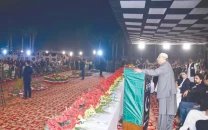

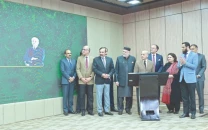
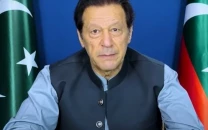
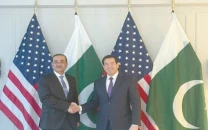













COMMENTS
Comments are moderated and generally will be posted if they are on-topic and not abusive.
For more information, please see our Comments FAQ